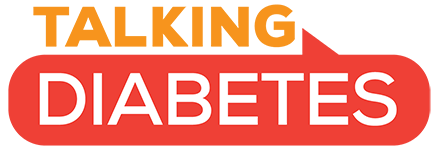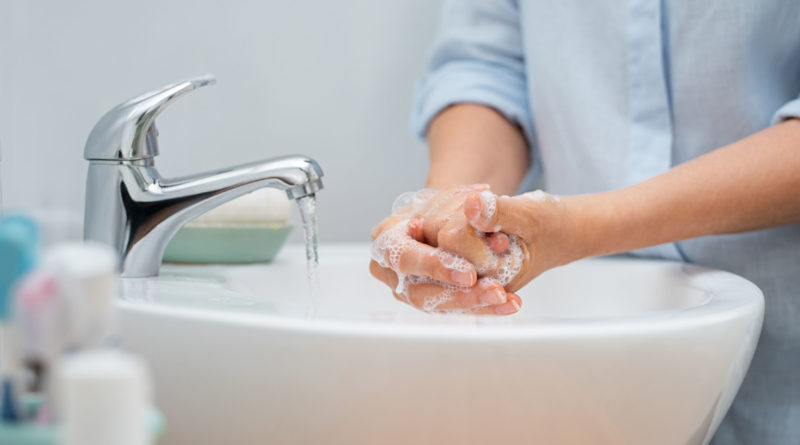Living with Diabetes During the COVID-19 Crisis
Studies have shown that people with diabetes face a higher chance of complications if they contract COVID-19. The American Diabetes Association has some answers for those with concerns about managing their health at this time.
Are people with diabetes more likely to get COVID-19?
There is not enough data to show whether or not people with diabetes are more likely to get COVID-19 than the general population. The problem people with diabetes face is primarily a problem of worse outcomes, not greater chance of contracting the virus.
Regarding people with diabetes having much higher rates of serious complications and death than people without diabetes—and generally speaking, it appears that the more health conditions someone has (for example, diabetes and heart disease), the higher their chance of getting serious complications from COVID-19.
Do people with diabetes have a higher chance of experiencing serious complications from COVID-19?
People with diabetes do face a higher chance of experiencing serious complications from COVID-19. In general, people with diabetes are more likely to experience severe symptoms and complications when infected with a virus.
Your risk of getting very sick from COVID-19 is likely to be lower if your diabetes is well-managed. When people with diabetes do not manage their diabetes well and experience fluctuating blood sugars, they are generally at risk for a number of diabetes-related complications.
Having heart disease or other complications in addition to diabetes could worsen the chance of getting seriously ill from COVID-19, like other viral infections, because your body’s ability to fight off an infection is compromised.
Viral infections can also increase inflammation, or internal swelling, in people with diabetes. This is also caused by above-target blood sugars, and both could contribute to more severe complications.
What are the symptoms and warning signs I should be watching out for? What do I do if I think I’m developing them?
Pay attention for potential COVID-19 symptoms including fever, dry cough, and shortness of breath. If you feel like you are developing symptoms, call your doctor. When you call:
- Have your glucose reading available
- Have your ketone reading available
- Keep track of your fluid consumption (you can use a 1-liter water bottle) and report
- Be clear on your symptoms (for example: are you nauseated? Just a stuffy nose?)
- Ask your questions on how to manage your diabetes
What are the emergency warning signs? What should I do if I’m experiencing them?
If you develop emergency warning signs for COVID-19, get medical attention immediately. In adults, emergency warning signs include:
- Difficulty breathing or shortness of breath
- Persistent pain or pressure in the chest
- New confusion or inability to arouse
- Bluish lips or face
What should I do to prevent the spread of COVID-19 in my home? What do I do if someone in my household has the virus?
For people with underlying health conditions, including diabetes, healthy family members in the household should conduct themselves as if they were a significant risk to them. For example, they should be sure to wash their hands before feeding or caring for them. If possible, a protected space should be made available for vulnerable household members, and all utensils and surfaces should be cleaned regularly.
If a member of your household is sick, be sure to give them their own room, if possible, and keep the door closed. Have only one family member care for them, and consider providing additional protections or more intensive care for household members over 65 years old or with underlying health conditions.
For further Q&A content about diabetes and COVID-19, and general information about managing diabetes, please visit the American Diabetes Association at https://www.diabetes.org/
Source: https://www.diabetes.org/coronavirus-covid-19/how-coronavirus-impacts-people-with-diabetes

